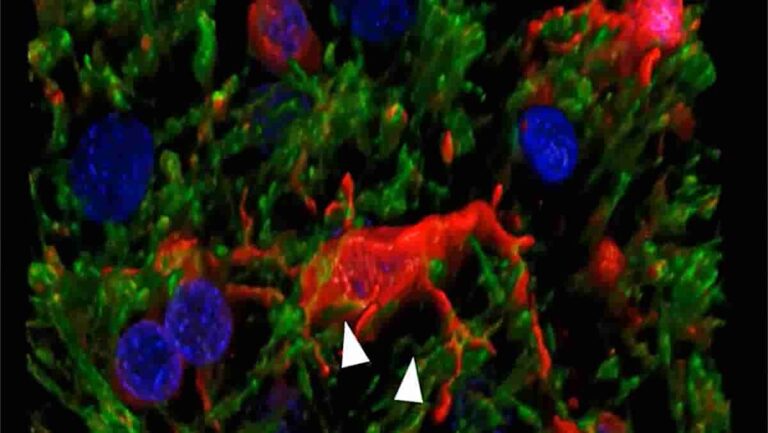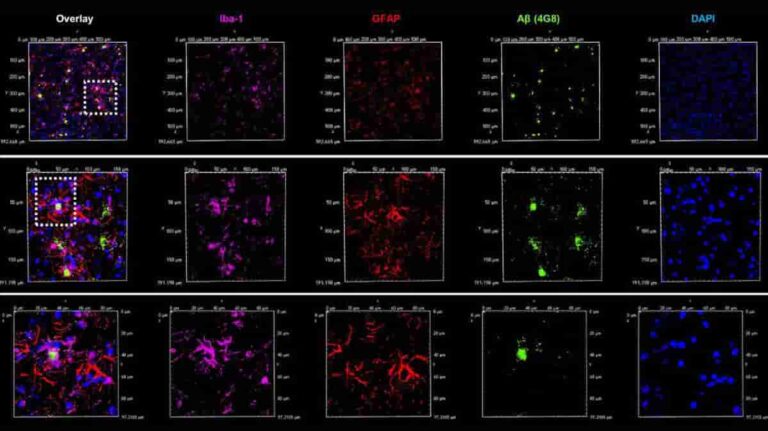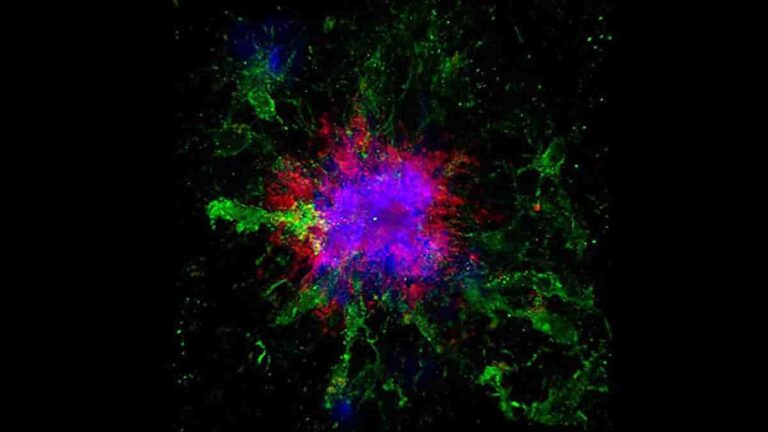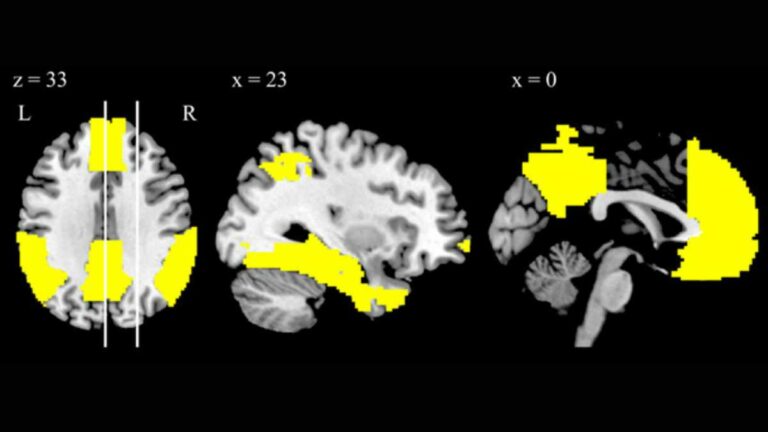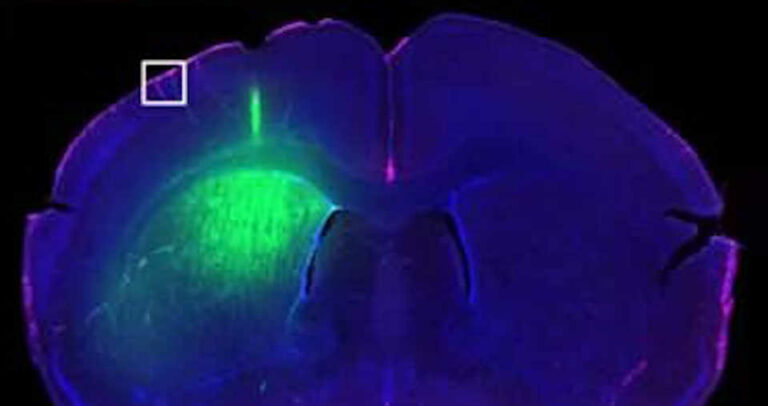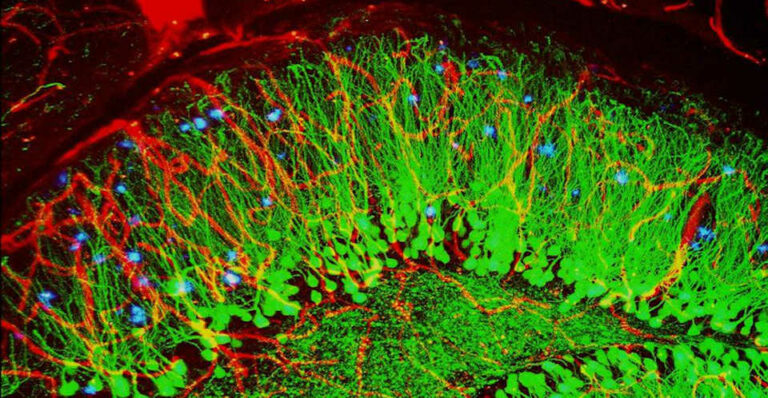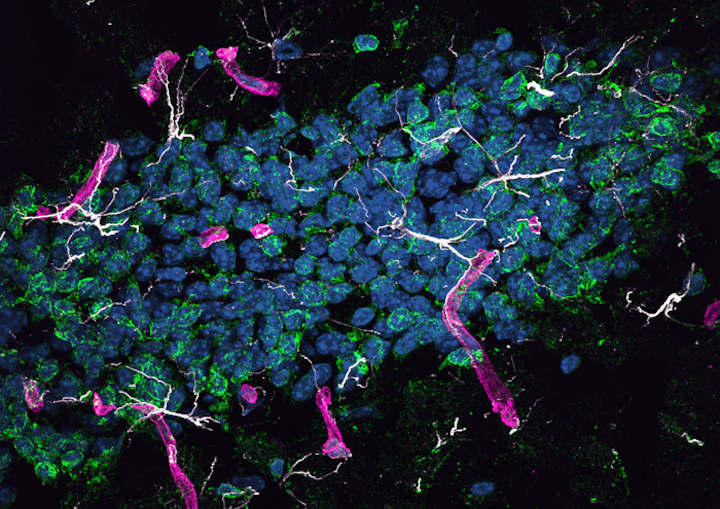A new path of cell death in Alzheimer’s disease and vascular dementia has been discovered by researchers. Ferroptosis, a type of cell death caused by an accumulation of iron in cells, destroys microglia cells, a type of cell involved in the brain’s immune response, in Alzheimer’s and vascular dementia, a study led by scientists at…
Tag: Alzheimer’s
Ponesimod Reduces Neuroinflammation in Alzheimer’s Disease
A multiple sclerosis medication is potentially effective as a treatment for Alzheimer’s disease, according to a team of researchers from the University of Kentucky. The researchers investigated ponesimod, an oral medicine licensed by the Food and Drug Administration (FDA) to treat relapsing types of multiple sclerosis (MS). Ponesimod, sold under the brand name Ponvory, was…
Intermittent Fasting Eases Circadian Disruptions in Alzheimer’s
The interruption of the body’s circadian rhythm, the internal biological clock that regulates many of our physiological functions, is one of the hallmarks of Alzheimer’s disease. Almost 80% of persons with Alzheimer’s suffer these symptoms, which include difficulties sleeping and decreasing cognitive function at night. However, this aspect of Alzheimer’s disease is not currently addressed…
Retinal Blood Vessel Damage May Be Driver for Alzheimer’s
Blood vessel abnormalities in the eye are a significant factor in the progression of Alzheimer’s disease, according to research conducted by researchers at Cedars-Sinai Medical Center. These alterations correspond to alterations in the brain, highlighting a new opportunity for early diagnosis. The study sheds new light on the vascular changes associated with Alzheimer’s disease, particularly…
Brain’s Default Mode Network Connectivity Differs In Women
The brain’s default mode network (DMN) is a network of brain regions that interact when a person is in a state of wakeful rest. Surprisingly, the brain areas involved in the DMN are the same ones active when we dream. Furthermore, the vast majority of the areas involved in the default mode network overlap with…
Parenchymal Border Macrophages May Help Clear Brain Toxic Waste
Many neurodegenerative diseases, such as Parkinson’s, Alzheimer’s, and others, are characterized by damaged groups of proteins in the brain. Although they have made significant efforts, scientists have only partially succeeded in finding treatments for these conditions by wiping away these toxic clusters. Now, scientists at Washington University School of Medicine in St. Louis have discovered…
Kinesin-5 Gene May Protect Against Alzheimer’s Disease
According to a new study, cognitive decline in both mice and humans with Alzheimer’s disease (AD) may be protected by the overexpression of a gene linked to cell division and the structure and function of neurons. The gene Kinesin-5 or KIF11 accomplishes this despite the fact that amyloid beta, the main component of plaques in…
Alzheimer’s Biomarkers Elevate Following Major Cardiac Surgery
Blood levels of a substance proven to be highly predictive of the onset of Alzheimer’s disease rose markedly during cardiac surgery and remained elevated for two days post-surgery, which was when levels were last measured, a small study has found. Heart surgery, a lengthy operation typically involving substantial tissue injury, is particularly stressful and causes…
Amyloids From The Liver May Cause Alzheimer’s Disease In The Brain
Amyloid protein produced in the liver can cause neurodegeneration in brain tissue, a new study1 by John Mamo of Curtin University, and colleagues has found. Since the protein is thought to be a key contributor to development of Alzheimer’s disease (AD), the results suggest that the liver may play an important role in the onset…
